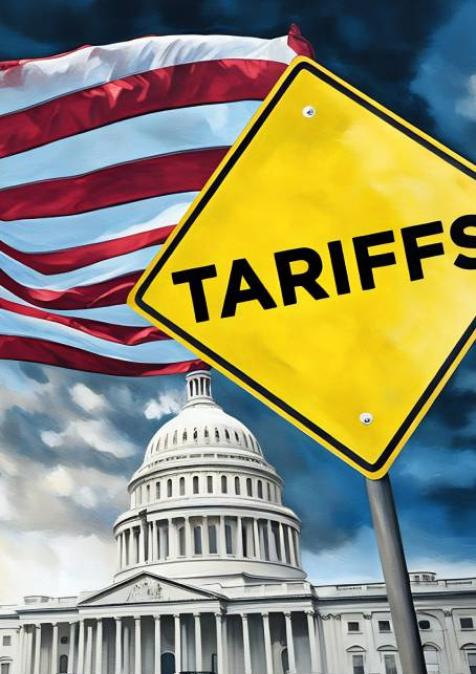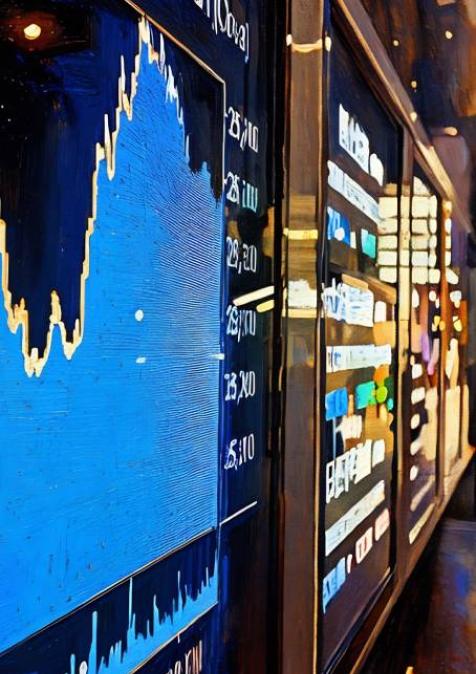Publications /
Book / Report
The world trading system has been remarkably successful in many respects but is presently under tremendous strain. The causes are deep-seated and require a strategic response. The future of the system depends critically on reinvigorating the WTO and policy change in the largest trading nations. Important measures are required to sustain the multilateral trading system, and urgent action is needed to avoid a scenario where the system fragments. The worst scenarios will disrupt global trade and see a world which splinters into large trading blocs (most likely centered around China, the European Union and the United States) and where trade relations are based to a large extent on relative power instead of rules. In such a world the smallest players, such as those in Africa and especially those whose trade depends on unilateral preferences and is least covered by bilateral or regional agreements will be at the greatest disadvantage. All countries will incur enormous costs only to try and reinvent a system that is already in place today under the WTO.
The Policy Center for the New South supports the trade work of the think-tanks that develop the policy brief for the G-20 leaders, the T-20. It does so in a modest way by devoting the time of one of its Senior Fellows and by publishing in this volume the seven policy briefs of the T-20 Task-Force on Trade, Investment and Globalization.







